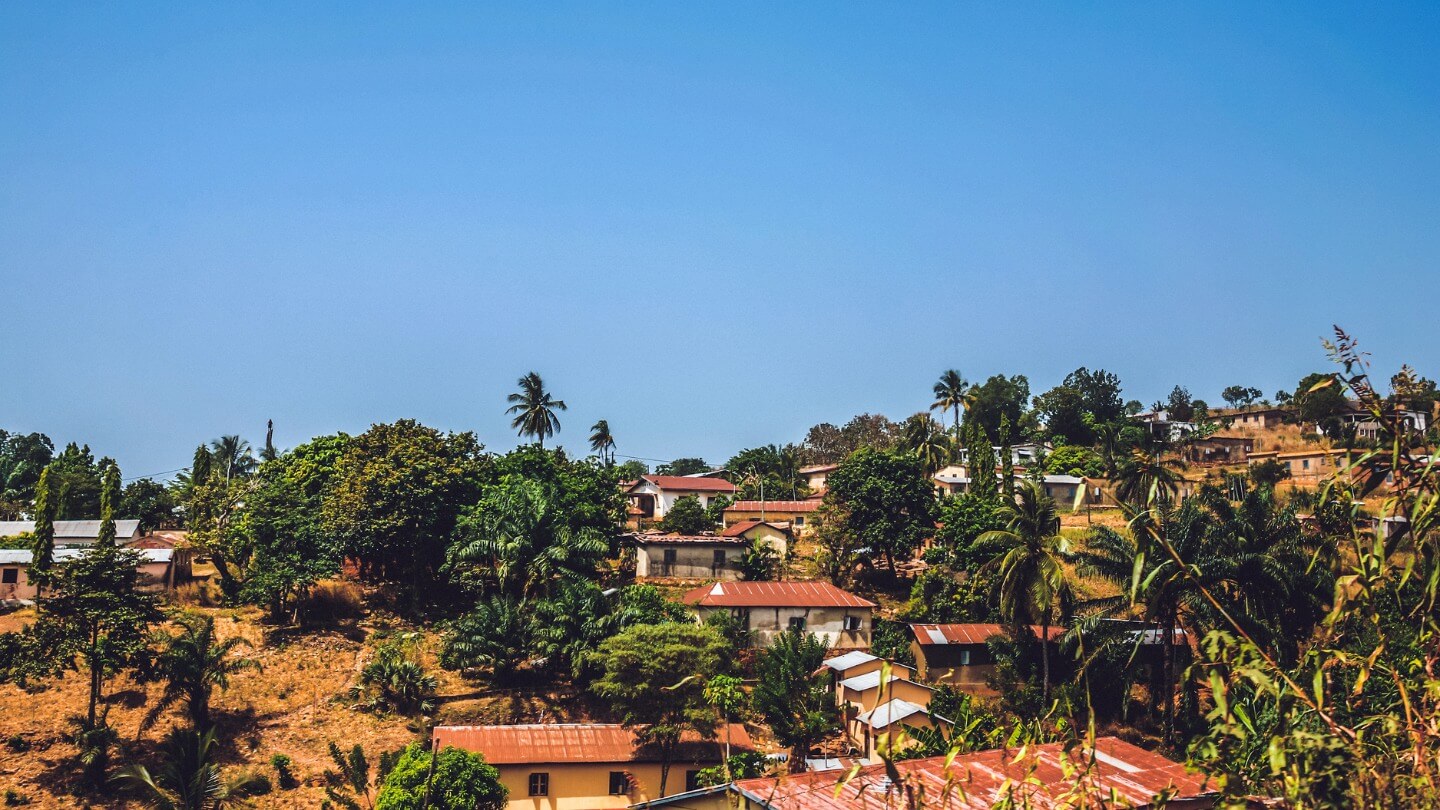
Is a VPN needed in Togo?
Togo, a sliver of West Africa bounded by the Gulf of Guinea, is a country of diverse landscapes—from its tropical, palm-fringed beaches to the rolling hills of its interior. The nation is gradually embracing digital transformation, aided by a growing number of internet users and advancements in telecommunications infrastructure. However, the journey to complete digitalization is fraught with challenges. Questions regarding digital rights, online freedom, and internet privacy loom large. Togo is also influenced by international affiliations such as the West African Economic and Monetary Union (WAEMU), which shapes its digital policies.
Internet Censorship and Freedom
Togo has faced criticism for restrictions on internet freedom, and specific cases have drawn international attention. One notable instance occurred in September 2017, when the Togolese government shut down the internet during protests. This action was later brought to the Community Court of Justice of the Economic Community of West African States (ECOWAS). The court ruled that the Togolese government had violated the applicants’ right to freedom of expression. According to ECOWAS, internet access is considered a “derivative right” that “enhances the exercise of freedom of expression.” Therefore, any interference with internet access must be explicitly provided for by law, specifying the grounds for such interference. The court also ordered the State of Togo to take preventive measures against future similar occurrences, implement laws to uphold the right to freedom of expression, and compensate each applicant with a sum of 2,000,000 CFA (approximately 3,500 USD).
Peer-to-Peer Services and Torrenting
As for Peer-to-Peer (P2P) services and torrenting, Togo does not have explicit laws targeting these activities. However, copyright laws are in effect, and violation can lead to legal repercussions. Togo’s stance on torrenting and P2P services is somewhat influenced by international copyright laws and treaties, but specific government actions targeting these activities are not well-documented.
Media Websites and Social Media Access
Social media platforms like Facebook, Twitter, and Instagram generally remain accessible in Togo, but there have been specific instances of restrictions. Most notably, during the 2020 elections, the Togolese government restricted internet access and blocked social media and certain media websites. Network data from the NetBlocks internet observatory confirmed that access to these platforms was lost through Togo Telecom, the country’s leading internet service operator, as polls closed on election day, February 22, 2020. The services were reachable during the day but became unavailable by 17:00 at multiple locations via the state operator. While Twitter remained accessible and WhatsApp was partially usable, Facebook and its Messenger service remained blocked as of 8:40 p.m UTC on that day.
This action drew significant attention, especially since the opposition candidate’s home was reported to have been surrounded by security forces. The incident raised concerns over the potential for politically motivated internet disruptions, casting doubt on the integrity of the election process in Togo.
Net Neutrality
Information on Togo’s position on net neutrality is limited. However, there is no known legislation specifically addressing this issue. Internet Service Providers (ISPs) operate in a relatively unregulated environment concerning net neutrality, and there haven’t been widespread reports of ISPs violating these principles.
Legal Framework
Togo is working to establish a stronger legal framework for its digital realm. New laws and amendments are being considered in areas like data protection and cyber regulations. However, the specifics are not entirely transparent, and more needs to be done to ensure digital rights for the population.
Surveillance and Privacy
While concerns over government surveillance have been mounting in Togo, the focus has broadened to include journalists as potential targets. A report by the Committee to Protect Journalists (CPJ) reveals that at least three Togolese journalists have been allegedly selected for potential surveillance through spyware developed by NSO Group, an Israeli firm specializing in cyber surveillance tools.
Komlanvi Ketohou, also known as Carlos, fled Togo in early 2021 after his phone was seized by authorities. Ketohou was alerted that his phone number may have been targeted for surveillance years prior to his arrest. Two other journalists, Ferdinand Ayité, director of the Togolese newspaper L’Alternative, and freelancer Luc Abaki, were also named as potential targets of NSO Group’s spyware.
These allegations have not been confirmed, but they contribute to an already tense environment for press freedom in Togo. Journalists in the country have faced arrests, attacks, and disruptions in internet and messaging app access.
Ayité and Ketohou said that they could not specifically identify which articles may have triggered the surveillance, but both journalists were involved in reporting on protests against President Faure Gnassingbé’s rule and issues related to human rights. Ketohou, who now operates from an undisclosed location due to security reasons, mentioned that his roles in media and human rights organizations could have made him an attractive target for surveillance.
The potential use of spyware against journalists in Togo adds to the growing list of press freedom concerns in the country and underscores the broader implications for surveillance of civil society. It also further emphasizes the necessity for robust digital privacy measures, including encrypted communication and secure browsing tools, for journalists and activists operating within Togo.
Conclusion
Togo finds itself at a critical juncture concerning its digital landscape. The country has made significant strides in the realm of digitalization but is grappling with issues such as internet censorship, ambiguous legal frameworks, and reports of potential surveillance. These challenges underline the importance of adopting robust digital privacy and security measures.
Given recent concerns about surveillance, especially targeting journalists and activists, it is strongly recommended to use a Virtual Private Network (VPN) and encrypted communication services at all times for enhanced security and privacy. As Togo continues to evolve digitally, balancing traditional governance models with the urgency for modernization, it’s crucial for individuals to proactively secure their digital footprint.
See also:

Leave a Reply